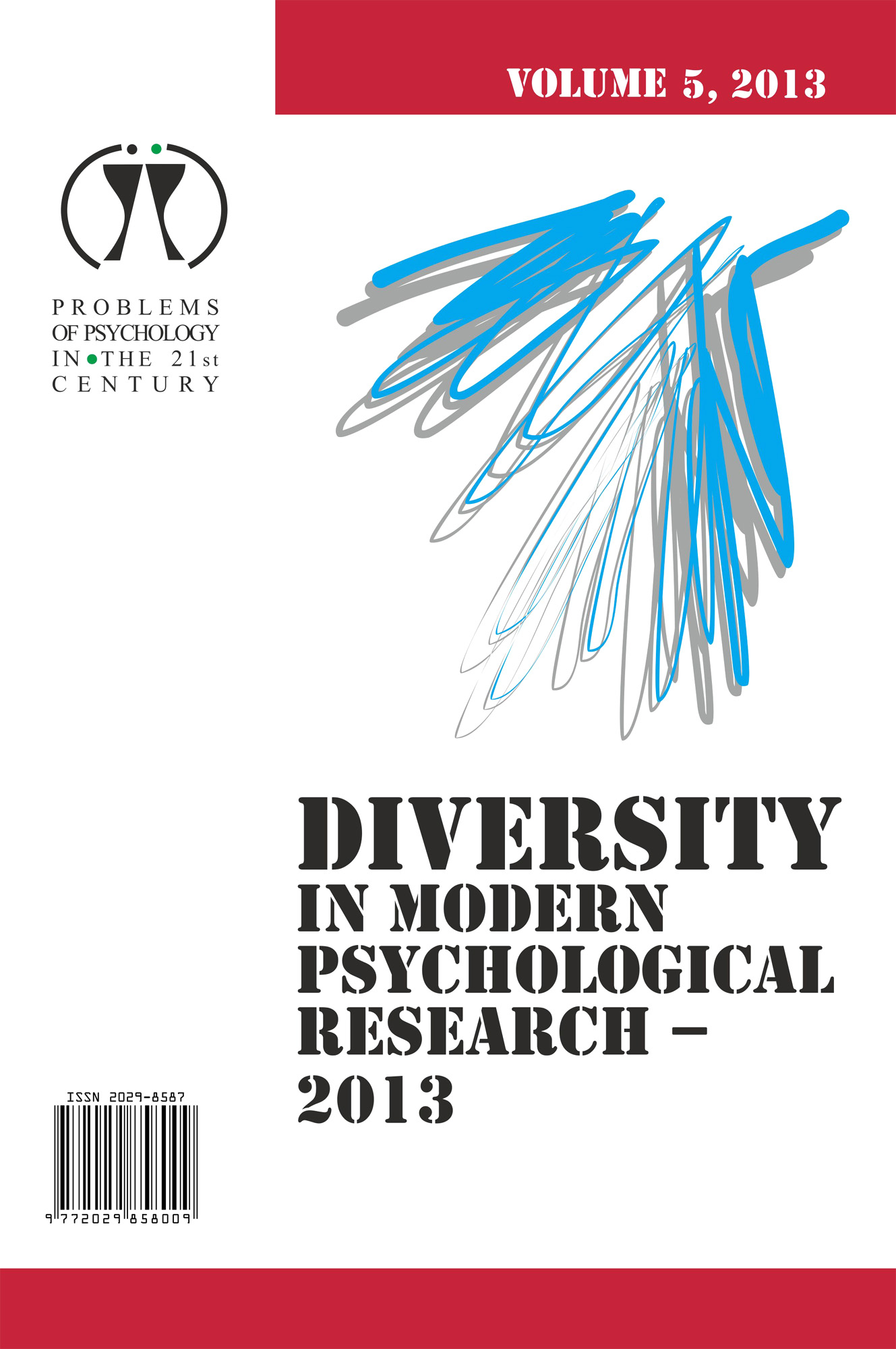EXPERIENTIAL GROUPS IN GROUP COUNSELORS TRAINING: A VIEW THROUGH THE MULTIPLICITY OF CONTEXTS
EXPERIENTIAL GROUPS IN GROUP COUNSELORS TRAINING: A VIEW THROUGH THE MULTIPLICITY OF CONTEXTS
Author(s): Birutė Jakubkaitė, Rimantas KočiūnasSubject(s): Psychology, Social psychology and group interaction
Published by: Scientia Socialis, UAB
Keywords: counselor in training; experiential group; group counselors;
Summary/Abstract: Experiential groups are one of prevailing forms of group counsellor training, which is devoted to exploring group dynamics and other aspects of group work through direct personal experience. However, there is still too little research carried out in this topic and some lack of consistency appears in this field of research. The research reported here was aimed at analyzing group participants’ perceptions of multiplicity of contexts, as a distinctive characteristic of such group, which appears due to different goals raised and variety of roles performed in the same group. A qualitative approach was employed in this study using semi-structured interviews with graduates from international group therapy program. 5 participants of the Group therapy training program at the Institute of Humanistic and Existential Psychology (Lithuania) were chosen for this study. Besides theoretical lectures, program participants went through three experiential groups that were guided by experienced group counselors and also gained sort-time group guiding experience. The work of all groups was observed by two program supervisors. Study participants were asked to share the experience about taking part in group counselors training program, mostly focusing on experiential groups and their discussions with supervisors. The data gathered during interviews then was subjected to thematic analysis. Based on the results, the main topics related to group multiplicity were revealed and discussed: intrapersonal context of participants; organizational context of the training program; interpersonal context and wholeness context. Intrapersonal context of participants was associated not only with their personal dynamics in experiential group process, but also with participant’s personal traits, motivation, anticipatory expectations, attitude towards psychological help, the training program, other participants, experiential group counselors and supervisors. Talking about organizational context of the training program participants mentioned analysis writing that assisted in better understanding of experiential group processes and structuring own experience. Experiential groups and their supervision processes were perceived by participants as extended and complementing each other. Interpersonal context encompassed interactions with group participants, group counselors and supervisors. Wholeness context involved the perception of group dynamics in experiential group as well as in participating in the whole training program. Perception of this wholeness helped participants understand the multidimensionality of training and adapt to it. According to data of this study it can be noted that these various contexts are intertwined together, therefore it would be useful to focus separately on each of them in the future. This could assist in more detailed and clear understanding of their interactions.
Journal: Problems of Psychology in the 21st Century
- Issue Year: 5/2013
- Issue No: 1
- Page Range: 12-22
- Page Count: 11
- Language: English

